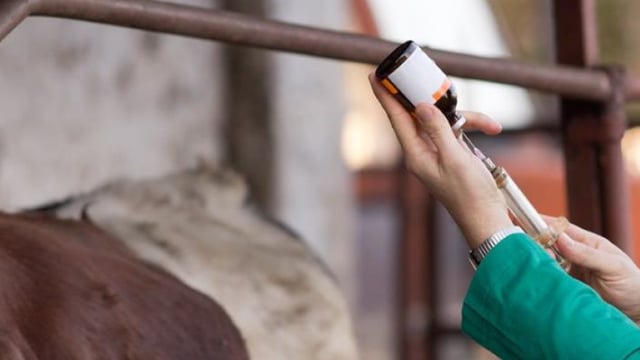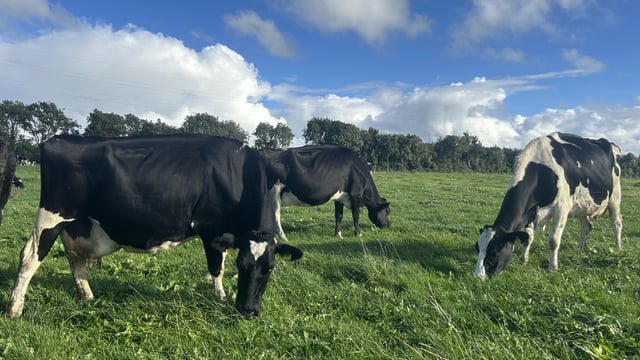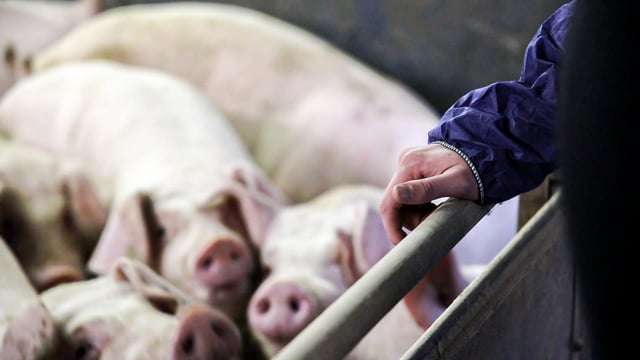Studies 'consistently indicate' farmers have poorer mortality outcomes
Irish studies "consistently indicate" that farmers have poorer mortality outcomes than other occupational groups, Teagasc has highlighted.
This comes as Teagasc said it supports the strategies to improve men’s health in Ireland, including all farmers.
The strategies are contained in the recently published ‘The Real Face of Men’s Health, 2025 Republic of Ireland Report’.
The report has been produced by Men’s Health Forum in Ireland in association with the ‘Movember’ movement which promotes men’s health globally.
Leading causes
The report indicates that premature death among males in Ireland is 40% higher when compared to females.
The five leading causes of premature death amongst males in 2022 in Ireland were: cancers; diseases of the circulatory system; external causes of injury and poisoning; diseases of the respiratory system; and diseases of the digestive system.
The report focuses on the connections between gender and health.
On average, globally, men die younger than women, while women spend a greater portion of their lives in poor health and with disabilities compared to men.
Underdiagnosis of coronary heart disease is one area where woman’s health is underserved.
The conditions which lead to premature death or poor health are largely avoidable through improved screening, earlier diagnosis and treatment, lifestyle modifications (e.g. improving diet, weight control and exercise, reducing tobacco and alcohol use) together with adopting health promotion messages and utilising disease prevention services.
Poorer mortality outcomes
Dr. John McNamara, Teagasc health and safety specialist, said that the Irish Movember report does not deal with any specific occupational group such as farmers.
However, Irish studies consistently indicate that farmers have poorer mortality outcomes than other occupational groups.
For instance, the recent Economic and Social Research Ireland report ‘Unequal chances? Inequalities in mortality in Ireland’ found that farmers and agricultural workers have by far the highest standard mortality ratios of all socioeconomic groups.
The Irish Movember report provides data that indicates that health status varies significantly with level of economic deprivation for both men and women.
However, a more severe impact occurs among men with the gap doubling with the most deprived areas.
The leading risk factors for poor health include limited access to timely healthcare or early detection healthcare, poor diet, smoking or excessive alcohol use.
Economic deprivation
Commenting on the issue of economic deprivation, Dr. McNamara stated that "assisting farmers to gain economic sustainability is a major objective of advisory services, which can have a positive knock-on effect on farmer health".
"Irish research studies have shown that poor farmer health and disability leads to farm income reduction and lower levels of off-farm employment leading to farm household income reduction," he added.
Throughout the Irish Movember report a series of ‘what works’ features are provided including: farm advisory service engagement in health promotion; the On Feirm Ground project; and Farmers Have Hearts cardiovascular health check programmes at marts and shows.











